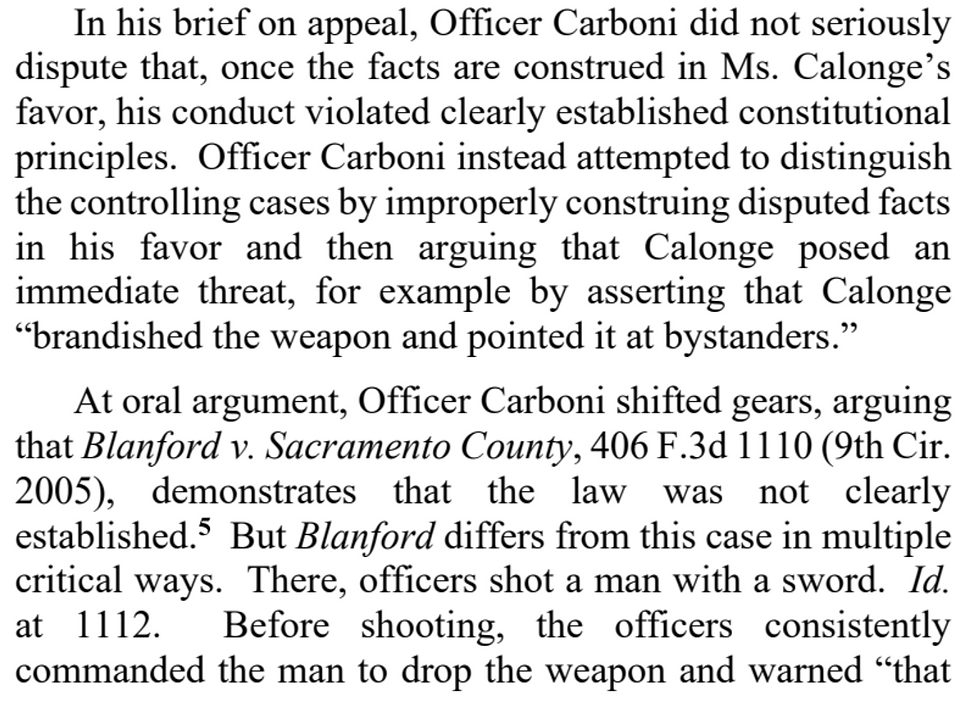One of the most powerful legal barriers to accountability under 42 U.S.C. § 1983 is Monell—the Supreme Court decision that recognized municipalities can be held responsible for constitutional violations by their officers but set an exceedingly high standard for such claims. Many have called for Monell to be replaced with vicarious liability, and some courts and legislators have expressed interest in the idea, but immediate prospects for meaningful reforms are dim.
In this Article, I offer an alternative path around the barriers of Monell that does not require convincing courts or legislators to change the law: Plaintiffs should pursue Monell claims based on police departments’ disregard of allegations and information in lawsuits brought against them and their officers.
Police departments are unquestionably obligated to investigate citizen complaints made against their officers: every circuit recognizes that the failure to do so can be the basis for municipal liability. Lawsuits, like citizen complaints, allege officer wrongdoing—they are, in essence, citizen complaints plus demands for money. Yet I have found many police departments do not investigate allegations in lawsuits brought against them and their officers as they would allegations in citizen complaints. If failing to investigate citizen complaints is sufficient basis for municipal liability, failing to investigate allegations in lawsuits should be as well.
Police departments’ disregard of information unearthed during litigation should also be a basis for municipal liability. Litigation files are chock-full of deposition testimony and other evidence about officers’ conduct and police policies and practices. Yet I have found that many police departments do not review information from lawsuits as part of their internal affairs investigations of officers’ conduct or to inform supervision and training decisions. Courts have ruled that perfunctory internal affairs investigations can be a basis for municipal liability. If a department systematically ignores litigation information relevant to their internal affairs investigations or findings, that failure should be a basis for municipal liability as well.
In the short term, pursuing Monell claims based on departments’ inattention to lawsuits would make it easier to establish municipal liability. In the longer term, effectively requiring police officials to take account of litigation information may improve departments’ internal investigations and supervision of their officers.
You can read the article, forthcoming in Columbia Law Review, here: https://papers.ssrn.com/sol3/papers.cfm?abstract_id=4745422
This is Appendix A, which is an overview of departments' policies and practices with regard to litigation data:
This is Appendix B, which sets out thirty lawsuits against the defendants named in a case called Glasper, that I write about in the article:






